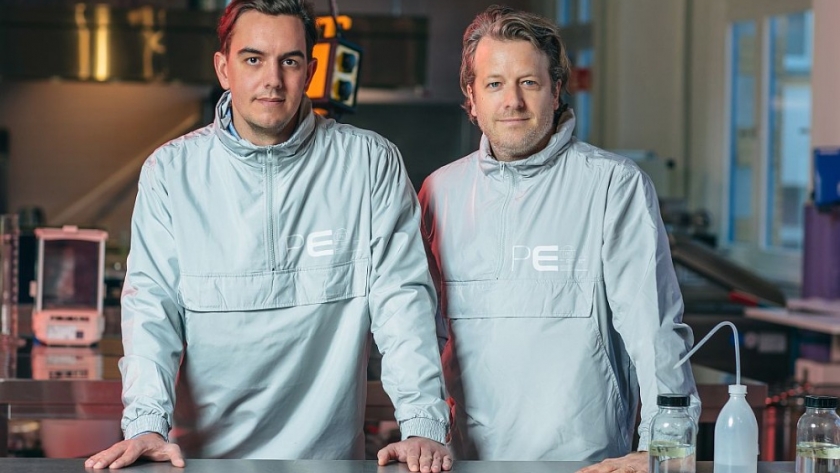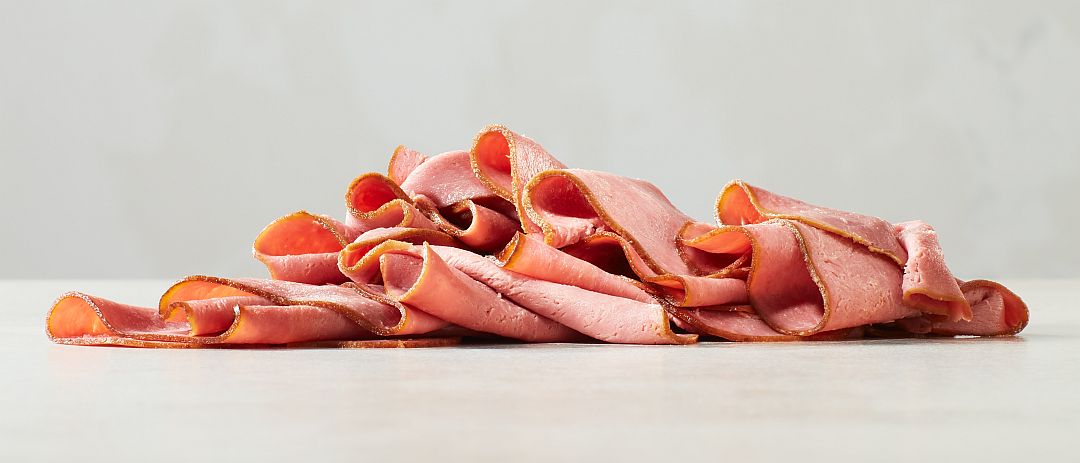
By Agroempresario.com
The demand for meat alternatives continues to rise, and Berlin-based startup Project Eaden is at the forefront of this revolution. With the recent raising of €15 million (equivalent to $15.6 million) in a Series A funding round, the company aims to launch plant-based products that promise an ultra-realistic taste and texture experience. This funding brings the company’s total to €27 million ($28.1 million) and was backed by significant investors, including Planet A, REWE Group, DeepTech & Climate Fonds, and others.
Founded in 2022 by Jan Wilmking, a former executive at Zalando, and textile engineer Dr. David Schmelzeisen, Project Eaden employs an innovative fiber spinning and compounding technique. This technology enables the creation of meat alternatives that are not only appealing to consumers but also scalable and cost-effective. According to Wilmking, their fiber spinning process can produce whole cuts with a taste and texture that rivals animal meat.
“Research suggests that plant-based products could replace 11–22% of global meat consumption by 2035, but only if improvements are made in taste and texture,” states Christoph Gras, General Partner at Planet A. Project Eaden is leading this shift with its new fiber technology, which promises to attract even the most skeptical consumers.
Project Eaden's fiber spinning technique is unique. Unlike traditional methods such as wet spinning, which fail to replicate the mechanical properties of meat, the startup has developed a process using proteins from wheat, peas, and fava beans. This method allows for the creation of fibers in multiple shapes and sizes, ensuring that the proteins solidify into a structure that mimics animal meat.
“Plant proteins are globular, while animal muscle fibers are fibrillar. We need to unfold them before putting them together and solidifying them,” explains Wilmking. This ensures that the final product has a texture closer to real meat, setting it apart from other products on the market.
The funding obtained will enable Project Eaden to scale its production and launch its plant-based ham in 2,000 REWE stores in Germany by mid-2025. The company plans to keep manufacturing in-house using its patented technology, although non-proprietary steps such as slicing and packing could be outsourced.

Wilmking mentions that their technology is highly scalable and more cost-effective than 3D printing. “Our fibers are far stronger than something you can print and have very different mechanical properties. The speed and quantity we can produce are unmatched,” he asserts.
While Project Eaden's initial focus is on ham, the company is also working on other products such as sausages, pork loins, and beef steaks. The technology is “highly customizable,” allowing for the creation of fibers with varying widths and strengths, resulting in a product that can imitate the texture variations found in animal flesh.
Clément Tischer, head of foodtech at REWE Group, has highlighted that the plant-based meat category is consistently growing in Germany. “The quality of products has improved significantly in recent years, with advancements in taste, texture, and nutritional value,” Tischer notes. Project Eaden's ability to produce price-competitive, high-quality products is considered a “game-changer” in the alternative protein market.
As the plant-based meat market expands, several startups are attempting to produce whole cuts through various technologies, from solid-state fermentation to shear cell technology. Competitors include Rival Foods, Planted, Chunk Foods, and Juicy Marbles, among others. However, Project Eaden's proposal stands out due to its fiber spinning technology, which promises a more authentic meat experience.
With financial backing and innovative technology, Project Eaden is well-positioned to lead the plant-based meat market. The startup aims not only to meet the growing demand for alternative meat products but also to contribute to a more sustainable future in food production.
The combination of a focus on quality, scalability, and technological innovation suggests that Project Eaden could be a key player in transforming the food industry toward healthier and more sustainable options. As it prepares to launch its first product line, the world will be watching how this startup revolutionizes the way we perceive and consume meat.
